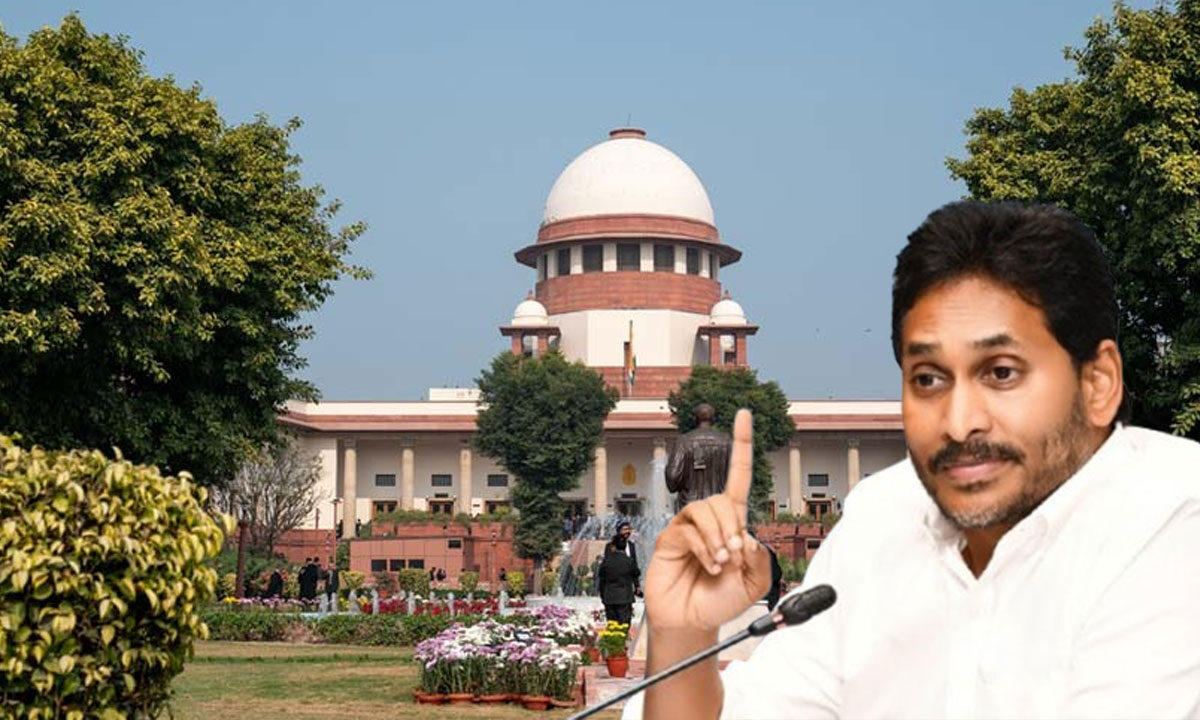YSRCP Moves Supreme Court Challenging Waqf (Amendment) Act 2025
The YSR Congress Party (YSRCP) has filed a petition in the Supreme Court challenging the recently enacted Waqf (Amendment) Act, 2025, citing violations of key constitutional provisions and a threat to the autonomy of Muslim religious institutions.

Amaravati: The YSR Congress Party (YSRCP) has filed a petition in the Supreme Court challenging the recently enacted Waqf (Amendment) Act, 2025, citing violations of key constitutional provisions and a threat to the autonomy of Muslim religious institutions.
Table of Contents
YSRCP Alleges Violation of Fundamental Rights
In a press release issued on Monday, the party stated that the Act contradicts Articles 13, 14, 25, and 26 of the Indian Constitution. These articles guarantee fundamental rights, equality before law, freedom of religion, and the right of religious denominations to manage their own affairs.
The YSRCP took strong objection to the inclusion of non-Muslim members in Waqf Boards under Sections 9 and 14, calling it a serious interference in the internal religious functioning of Muslim bodies.
Religious Autonomy at Stake, Says YSRCP
The party emphasized that religious institutions must remain administratively independent, and warned that external political interference could not only undermine the religious character of the Waqf Boards but also damage communal harmony and constitutional safeguards.
Nationwide Opposition to the Amendment
The Waqf (Amendment) Act, 2025 was passed by Parliament on April 4, and received the President’s assent on April 5. Since then, multiple opposition MPs and Muslim organisations have also approached the apex court, questioning the constitutional validity of the amendments.
The matter is likely to become a significant point of debate, especially in the context of minority rights and religious freedom in India.
